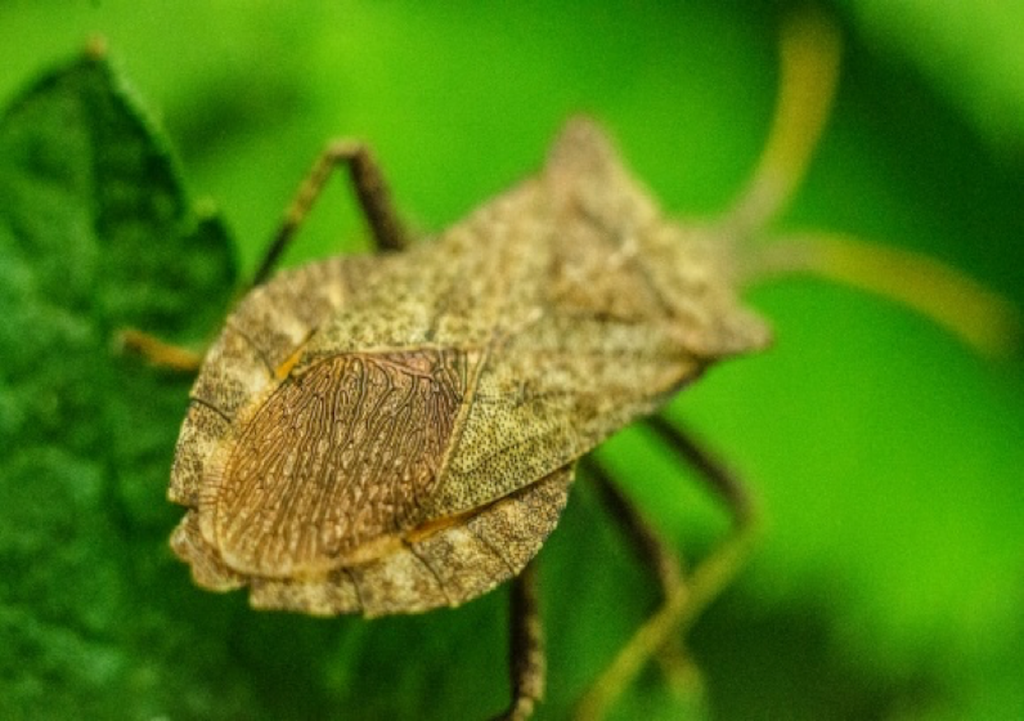We’ve all seen those movies where an innocent-looking insect hops mindlessly into a bag or box headed for parts unknown. Once there, the insect jumps out and goes about causing all kinds of mayhem and destruction. Entertaining perhaps, but in reality, not likely. Actually, you would be surprised! You might also wonder why certain countries like Australia make such a fuss about certain insects entering their countries. Is it that important? Yes!
Some insects can be very harmful to a country’s agriculture. That’s why countries like Australia take biosecurity very seriously. Fumigating sea cargo is a definite must before unpacking, unloading and transporting to all corners of the country. Fortunately, container fumigation services are easy and hassle-free to arrange! Here are some of the critters the country needs to guard against.
Australia’s Two Most Dreaded Insects
Not all insects are found everywhere. Of course, some like ants, cockroaches, and spiders are everywhere. Others like the brown marmorated stink bug and wood borers aren’t found in Australia.
These pose a serious risk to Australia’s crops and for this reason, all efforts are made to keep them out of the country and off the farms that produce the bulk of Australia’s food source. What are these little creatures and why are they so risky? Let’s have a look at why they are considered persona non grata in Australia.
The Brown Marmorated Stink Bug
For the people familiar with this little critter, he is commonly known as a stink bug. Part of the Pentatomidae bug family, they are predominantly found in Africa and Asian regions. Adult marmorated stink bugs are 1.7cm long and equally wide. They’re easily identifiable by the heraldic shield-shaped backs. Generally brown, they can also be shades of red, black or even copper.
Why the Name “Stink bug”?
When a stink bug feels threatened, it will secrete a chemical that is quite overpowering, hence the name “stink bug”. The defensive chemical is produced by glands situated underneath the thorax. People who have encountered these creatures have described the odour as pungent and smelly.
Generally, people and animals avoid these insects simply to avoid being sprayed by this chemical.
The odour is meant to keep the insect from being eaten by birds, lizards and bigger spiders. While not deadly to humans, the chemical irritates the skin and eyes.
Why is the Brown Marmorated Stink Bug a Problem?
The stink bug is considered a huge pest because of its ability to destroy crops with rapid speed. In September 1998 a few stink bugs were found in Pennsylvania, USA where they were accidentally introduced. By 2010 $37 million worth of crops in the area had been destroyed. Some farmers in that area claimed to have lost 90% of their seasonal crops.
Stink bugs primarily feed on plant juices but have a penchant for fruit and vegetables, posing a great threat to local crop farms. Not only are they harmful to the particular fruit they’re eating, but the enzymes they inject into the plant while eating the fruit kill the whole plant.
What is a Wood Borer?
Wood borers are a type of beetle, related to the commonly known termites. Commonly also referred to as wood-boring beetles or woodworms, these nasty little beetles feed extensively on wood.
Why are Wood Borers Bad for Homes?
Just like their termite cousins, they also cause structural damage to wood and timber items in homes. Once a female lays eggs in the wood structure of your home, you’ll only be able to detect the presence of borers when they exit the wood.
They mature and leave holes where they have exited. So, you are left with damaged timber or wood structures. They have been found in furniture, doors and timber panels in homes. If your home is made extensively of timber, holes all over the panels can severely affect the structure and create ways for wasps or termites to nest in your home.
How Do Australian Authorities Keep These Creatures Out?
The easiest way for stink bugs and wood borers to get into Australia is by hitching a ride in cargo containers, packages, parcels or even luggage brought in by travellers. The many container fumigation services Melbourne and other port cities have on offer have their hands full with all the fumigations that are done daily to avoid this.
Importers are required to comply with Australian biosecurity regulations before importing items from regions where stink bugs and wood borers are common. Containers are subject to inspection and potentially fumigation before being released to importers.
Conclusion
Without knowing the facts, it might seem like a storm in a teacup to complain about a few insects nestled in the corner of your container. But, given that 58% of Australian land is dedicated to agriculture, it can be quite catastrophic to allow a few stink bugs to live, feed and breed on the farmlands.
Be part of the solution. If you’re importing anything from anywhere via sea cargo, make use of container fumigation services to ensure you aren’t unintentionally contravening biosecurity laws and putting the country’s food source at risk!




